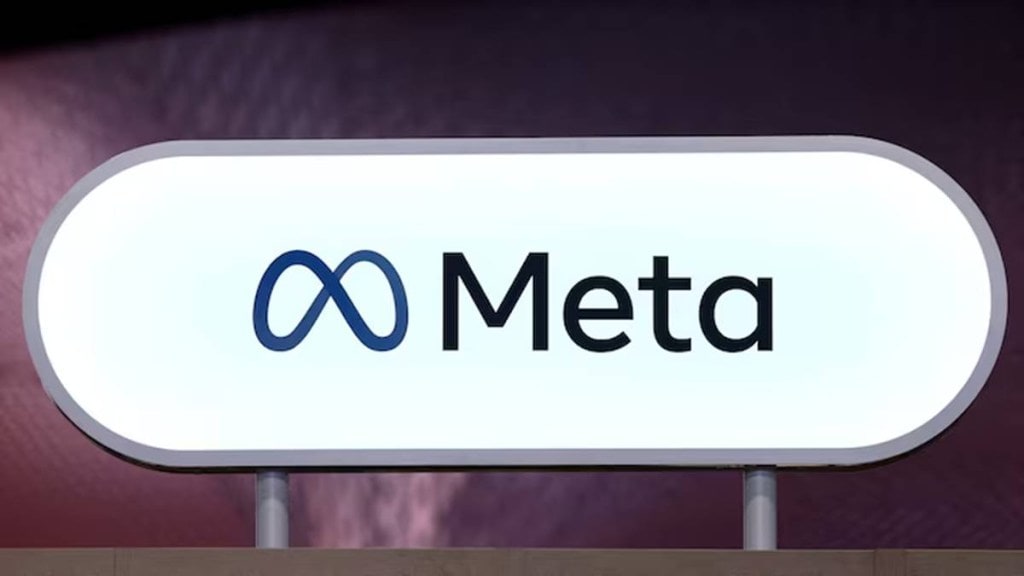Meta Platforms Inc., the parent company of Facebook and Instagram, projected that roughly 10% of its total ad revenue in 2024, which comes to around $16 billion, came from ads linked to scams and banned products, according to a report by Reuters.
According to news reports, the documents have been drawn from Meta’s finance, safety, engineering and lobbying divisions between 2021 to 2025. It further shows that the users were exposed to approximately 15 billion ‘higher risk’ scam ads daily, which include promotions of a fraudulent e-commerce scheme, illegal online casinos and banned medical products. The company also identified that roughly $7 billion in annualised revenue was generated from these higher-risk ads.
Meta’s stance on fraudulent advertisements
As per media reports, Meta asserts that it is ‘aggressively’ combating fraud, but the internal documentation states otherwise. Reuters added that an early 2025 document ordered the enforcement teams not to block advertisers if they satisfy a condition. If these ads do not reduce the revenue by more than 0.15% of the total company sales.
In some cases, advertisers could run hundreds of fraudulent campaigns without immediate suspension. A report internally dubbed the “Scammiest Scammer” identified repeat offenders, yet two of five flagged accounts were reportedly live six months later. Meta has since implemented a “penalty bid” system, charging suspected fraudsters more in ad auctions to reduce exposure while mitigating revenue loss.
The crack runs deeper
Regulators have also taken notice. In the U.S., the Securities and Exchange Commission (SEC) is reportedly investigating Meta for running financial scam ads. A 2023 report stated that 54% of payment-related scam losses occurred on Meta platforms in the UK.
Meta’s own projections aim to reduce scam-related ad revenue from 10.1% in 2024 to 7.3% by the end of 2025, with further reductions to 5.8% anticipated by 2027. A spokesperson said the 10% figure was a “rough and overly-inclusive estimate” and emphasised that subsequent reviews found many ads included in the calculation were legitimate.
The revelations come amid Meta’s massive $72 billion capital expenditure push into artificial intelligence, raising questions about balancing growth investments with platform integrity. Analysts note that the company’s internal tolerance for scam ad revenue underscores both the scale of the problem and the financial stakes involved.
“If regulators wouldn’t tolerate banks profiting from fraud, they shouldn’t tolerate it in tech,” said Sandeep Abraham, a fraud examiner and former Meta safety investigator. Meta reports that it has reduced user reports of scam ads globally by 58% over the past 18 months and has removed over 134 million pieces of scam ad content in 2025 so far.
